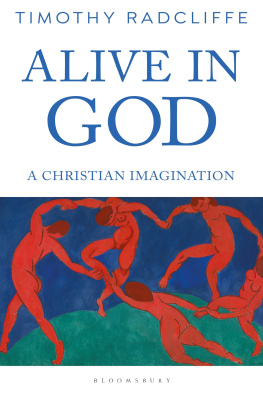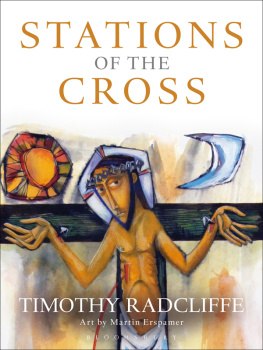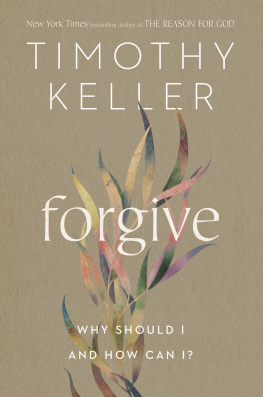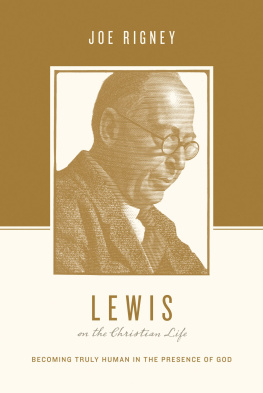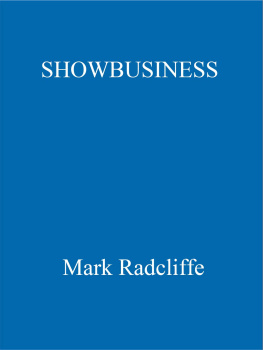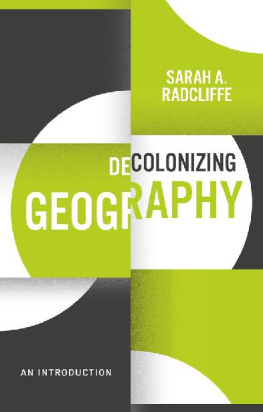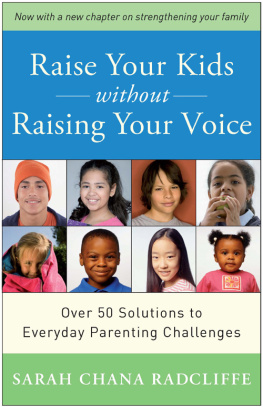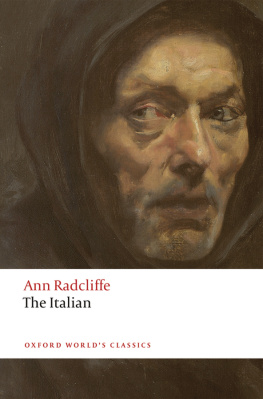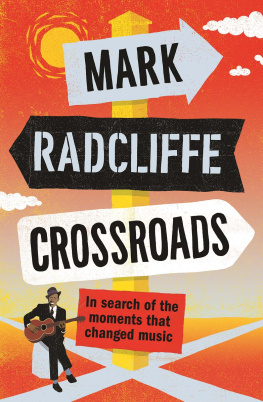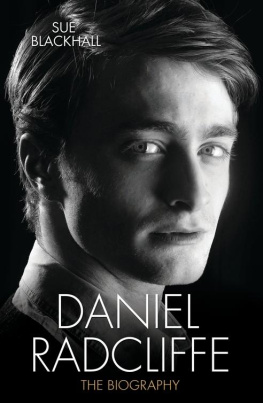
I have set before you life and death, blessings and curses. Choose life so that you and your descendants may live.
Deuteronomy 30.19
I came that they may have life, and have it abundantly.
John 10.10
Fear not that thy life shall come to an end, but rather fear that it shall never have a beginning.
John Henry Newman
As I try and understand how life works and why some people cope better than others with adversity I come back to something to do with saying yes to life, which is love of life, however inadequate, and love for the self, however found. Not in the me-first way that is the opposite of life and love, but with a salmon-like determination to swim upstream, however choppy upstream is, because this is your stream.
Jeanette Winterson

Contents
The Riddell lectures were established in Newcastle University in 1928 to explore the relationship between religion and contemporary thought. I was honoured to be invited to give them in 2012 and talked about imagination. I was supposed to publish them, but my life got swallowed up with pastoral commitments, lectures tours and other writing, and so time sped by and I did nothing.
In 2016 I was diagnosed with cancer and operated on at the Churchill Hospital, Oxford. I am extremely grateful to Mrs Jennifer Graystone and the team at the Blenheim Ward for the wonderful care that I received. It was a fruitful time. I learned much about facing mortality, about the importance of touch in nursing and so much else. I am also grateful to my GP, Dr Mark OShea, for his generous care, and to the innumerable brethren, friends and relatives who helped me through the months of recovery, giving me books, DVDs, company and encouragement. I must especially mention David Sanders OP and Joseph Bailham OP.
I had to cancel all speaking engagements for a few months, and so I was able to take up again this long neglected topic of the Christian imagination, read, think (rather fuzzily) and begin to take notes and eventually begin to write the book.
I am grateful to Richard Conrad OP, Fernando Cervantes and Robert Gilbert, who read all or part of the final draft and made enlightening suggestions as well as saving me from making too much of a fool of myself. I am also profoundly indebted to Paul Murray OP, who gave me permission to quote his poetry and who has been a good brother, a kind friend and an inspiration through many years.
Finally I thank Robin Baird Smith, my kind and patient editor, Jamie Birkett, Matthew Taylor, my eagle-eyed copy-editor, and all of the team at Bloomsbury for their encouragements and help.
Quotations from the Bible are taken, unless otherwise stated, from the New Revised Standard Version
Sitting at dinner with two old friends, committed Christians, we talk about their two children. One is an enthusiastic Catholic, and the second seems to have no interest in religion at all. It is nothing to do with their intelligence or goodness. Both are bright young people who care about justice and want to do their bit for our small planet. It is just that one is untouched by religion, while for the other it lights up the world. I have had conversations with hundreds of parents who blame themselves for not handing on their faith to their children, but for millions of young people the language of faith simply means nothing to them. It is as outmoded as the typewriter. It belongs to another world and speaks another language.
In June 2016 Stephen Bullivant published a report on the state of Christianity in England and Wales. The percentage of the population who identified themselves as having no religion, 48.5 per cent in the 2014 census, was almost double that of three years previously, 25 per cent. More people identify themselves as having no religion than as Christian. Britain is rapidly becoming a post-Christian country. The Beatle John Lennon sang: Imagine theres no heaven; its easy if you try. Ever more people in Europe disbelieve without having to try at all.
In this book I want to explore how Christian faith can make sense to our contemporaries. Believers do not inhabit a weird fantasy bubble, disconnected from the experiences and aspirations of other people. Because it is about choosing life, the fullness of life, its core beliefs intersect with the hopes and dreams of everyone who wants to live, rather than just survive. Anyone, regardless of their belief (or lack of it), who understands the complexity of being alive, of falling in love, of getting in a mess, of trying to pick ones life up and start again, of facing sickness and old age, can help Christians to make sense of our faith too. Clive James, the Australian critic and poet, does not seem to have religious faith, but his poetry in the face of terminal illness helped me when I lay in bed after operations for cancer, wondering what came next. I absorbed a poem a day with the same regularity with which I took my pills.
I would be delighted if this book opened a door into the Christian imagination for secularists and atheists, and I hope that it will be of some help to Christians. We are all children of this secular age, and its assumptions penetrate the language we speak. I certainly spend more time attending to the secular media than I do reading the gospels. If we can see how everything in Christianity is about being alive, I hope that the faith can illuminate all that we do and are. There need be no chasm between the religious world of a Sunday and the secular world of the weekday.
But the rise of secularism is just half of the picture. All over the globe, religion has an ever more clamorous voice in public affairs, often aggressively. Neil MacGregor claims that to an extent rarely seen in Europe since the seventeenth century, faith now shapes large parts of the global public debate.of Myanmar has driven hundreds of thousands of Rohingya Muslims from their country. The Trump administration has sought to ban Muslims from entering the US. Religion is centre-stage in Nigeria, Indonesia, Malaysia, Russia, China and so on.
Secularism and fundamentalist religion are the squabbling siblings of our age. They fight for dominance of the world. They may appear to be utterly different, each the negation of the other, but they are born of the same womb. Fundamentalist religion always and secularism often have in common a reductionist understanding of reality. We live in an age of fundamentalisms: economic, nationalistic, scientific and religious. The harsh forms of religion we see surfacing all over the world are not the return of the Middle Ages. They are the children of modernity, which is sometimes afflicted by an atrophied literalistic imagination.
John Henry Newman wrote that imagination, not reason, is the great enemy of faith. He did not mean that Christians should be ploddingly unimaginative. He was blessed with a fertile imagination. Rather, the way that his contemporaries imagined the world did not allow much place for the transcendent.
I do not want to waste time over cumbersome definitions, but I must briefly distinguish three senses in which imagination and related words are used. In this book I shall normally use it to mean just the way that someone sees the world. It is the prism through which we view reality. William Lynch SJ wrote that the task of the imagination is to imagine the real. A baby boomer like me will inhabit a rather different imaginative world from a millennial inhabitant of the digital continent. The world of a twenty-first-century Londoner is different from that of a Mongolian yak farmer. We shall see how the sacramental imagination and the technological imagination see the world differently.

